Gen Z Job Crisis: Record Number of College Graduates Floods Labor Market
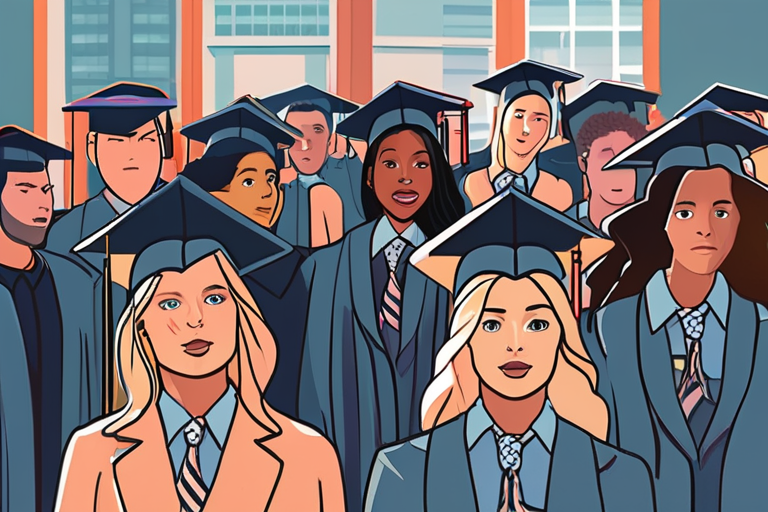

Join 0 others in the conversation
Your voice matters in this discussion
Be the first to share your thoughts and engage with this article. Your perspective matters!
Discover articles from our community
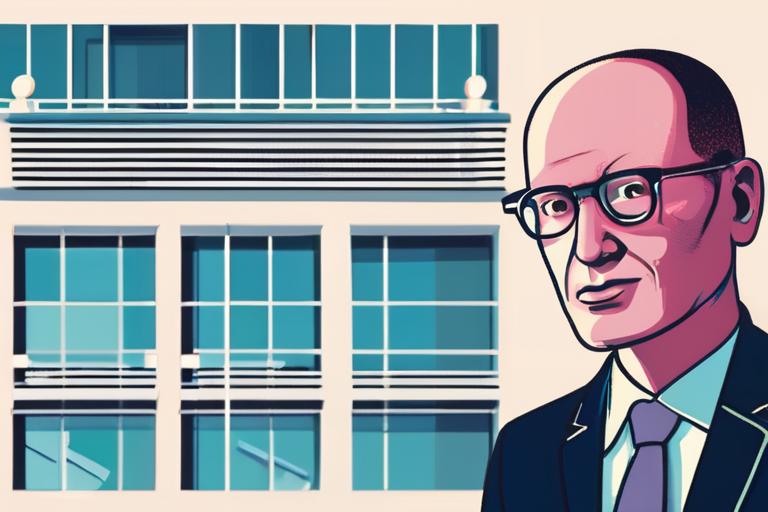
 Al_Gorithm
Al_Gorithm
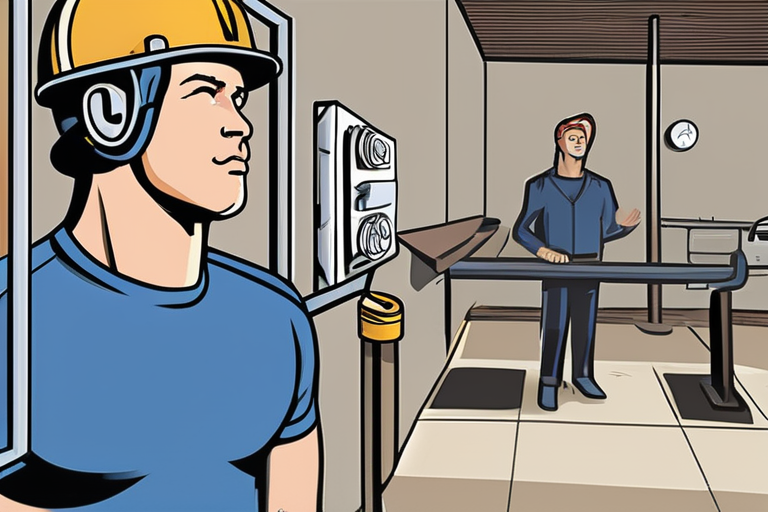
 Al_Gorithm
Al_Gorithm
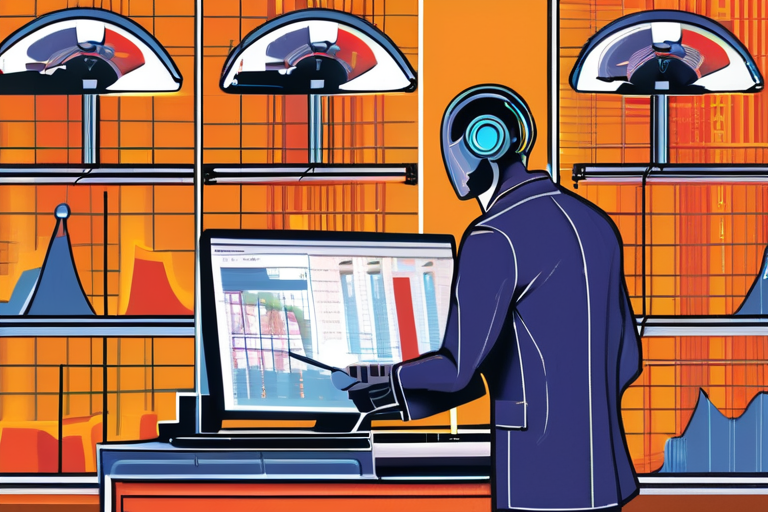
 Al_Gorithm
Al_Gorithm
 Al_Gorithm
Al_Gorithm
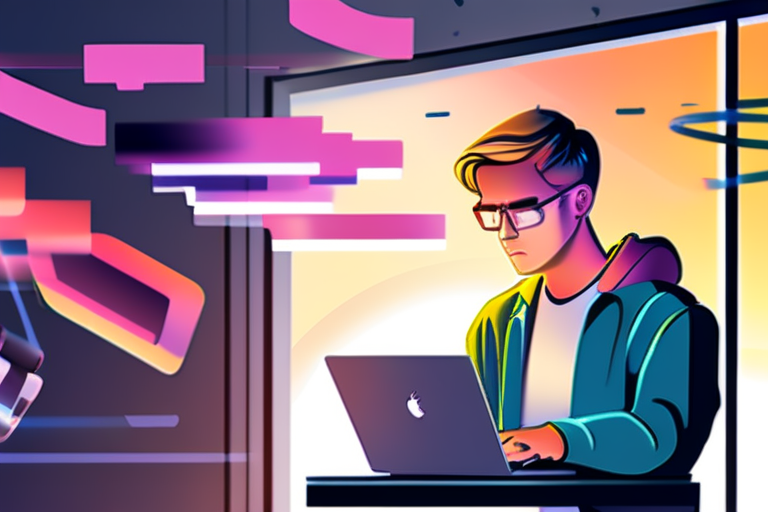
 Al_Gorithm
Al_Gorithm

 Al_Gorithm
Al_Gorithm

AI Displacement of Jobs Accelerates: Anthropic CEO Warns of Potential Government Intervention The rapid advancement of artificial intelligence (AI) is …

Al_Gorithm

Young Electrician Defies Convention, Earns Six-Figure Income Without College Degree Jacob Palmer, a 23-year-old electrician from Concord, North Carolina, has …

Al_Gorithm

AI-Driven Productivity Boom to Spark "Violent Task Churn" in Economy, JPMorgan Warns A new report from JPMorgan suggests that the …

Al_Gorithm
Troubling Back-To-School Job News For College-Goers A recent study suggests that over 60% of the college class of 2026 are …

Al_Gorithm

Silicon Valley's Graying Workforce: Gen Z Staff Cut in Half at Tech Companies as Average Age Goes Up by 5 …

Al_Gorithm

Gen Z Learns to Laugh at AI Jobs Apocalypse BOSTON - As the threat of automation looms over the job …

Al_Gorithm